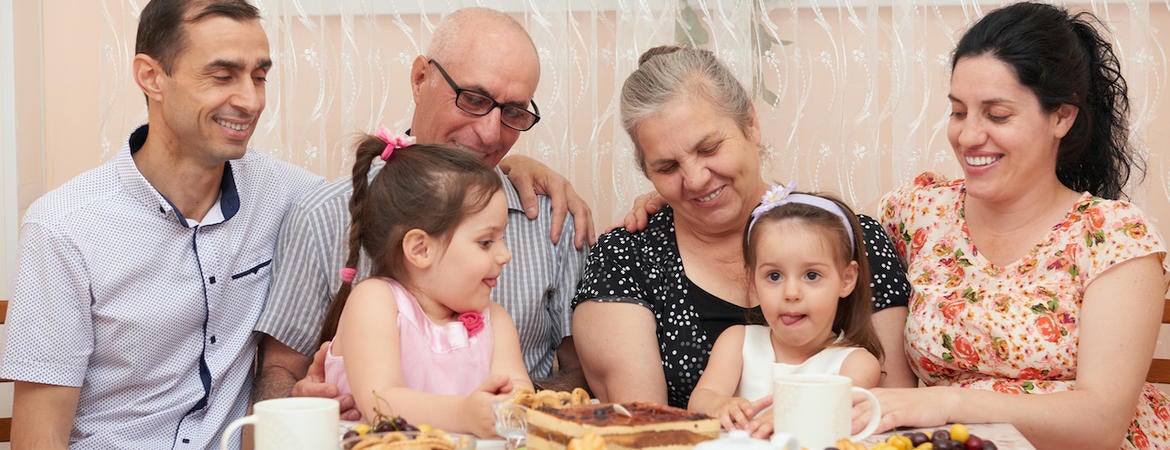
More fully appreciating family and engaging in more conflict are among the heightened experiences during the coronavirus pandemic, according to a new UC Riverside study.
The study from David Funder’s psychology lab looked at how people experience everyday life and its situations and how those experiences change because of an extraordinary event – the global pandemic.
Undergraduate students took part in the study, which first collected responses from 544 of them in 2017, and then from 123 students during the pandemic in spring 2020, when most of the participants were sheltering at home.
The before-and-during comparison isn’t all roses for pandemic living. Some everyday experiences suffer, such as conversation, finding new relationships and romantic partners, and playing by the rules.
“These differences appear to reflect how being at home with one’s family is a situation with simple, well-learned expectations but also how living in close quarters with others can be a source of tension,” wrote the authors of the paper, “The Experience of Situations Before and During a COVID-19 Shelter-at-Home Period," published in the journal Social Psychological and Personality Science.
For the study, participants visited a website that assessed how they experience situations pre- and post-pandemic, along with demographic and personality variables.
For some situations measured, it was difficult to assign a good-or-bad value. For instance, respondents said there is less expectation for talking – “something some would consider good, and some bad,” the study authors wrote.
Overall, though, study authors were surprised to find that respondents positive feelings remained about the same before and during the pandemic.
“Even in the midst of events as extreme as being forced to give up normal social activities and shelter at home, the degree to which one experiences daily life as a positive experience is largely determined by one's personality,” said Funder, a distinguished professor of psychology and the study’s lead author.
In addition to Funder, authors include Daniel Lee, a doctoral student in Funder’s lab, Gwen Gardiner, a recent Ph.D. graduate of Funder's lab, and Erica Baranski, who earned doctoral degree at UCR and will soon assume a faculty position at California State University, East Bay. The research was supported by a grant from the National Science Foundation.



